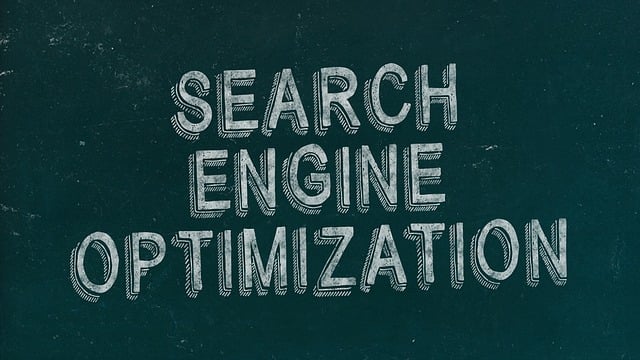Understanding tenant behavior through AI is key to predicting rental retention rates. By analyzing data from application forms, lease agreements, maintenance requests, and online interactions, landlords can gain insights into tenant preferences and satisfaction levels. AI marketing budget optimizers for lease-ups process large datasets to build predictive models that enable proactive solutions, personalized experiences, and targeted marketing strategies. These tools segment prospective tenants based on demographics, rental history, and online interactions, enhancing attraction and retention of quality residents during initial marketing efforts.
In the competitive landscape of real estate, retaining tenants is paramount. Artificial Intelligence (AI) offers a revolutionary approach to long-term rentals, enhancing tenant retention prediction. This article delves into the strategies that combine understanding tenant behavior with advanced data analysis and AI modeling. We explore techniques to build accurate forecasts, optimize marketing budget allocation during lease-ups using AI marketing budget optimizers for lease-ups, and provide actionable insights to maximize rental success.
- Understanding Tenant Behavior: Collect and Analyze Data for Accurate Predictions
- Building an AI Model: Techniques and Algorithms for Tenant Retention Forecasting
- Implementing AI Solutions: Strategies for Marketing Budget Optimization during Lease-Ups
Understanding Tenant Behavior: Collect and Analyze Data for Accurate Predictions

Understanding tenant behavior is a cornerstone in predicting retention rates for long-term rentals, especially with the integration of AI. By collecting and analyzing data from various sources, such as application forms, lease agreements, maintenance requests, and online interactions, landlords and property managers can gain valuable insights into tenant preferences, satisfaction levels, and potential red flags. This data-driven approach allows them to identify patterns that contribute to high or low retention rates.
AI marketing budget optimizers for lease-ups play a significant role here. They can process large volumes of historical and real-time data to build predictive models. These models enable landlords to anticipate tenant needs, offer personalized experiences, and implement targeted marketing strategies. For instance, analyzing previous tenant interactions can help in identifying common issues leading to move-outs, enabling proactive solutions to enhance overall satisfaction and retention.
Building an AI Model: Techniques and Algorithms for Tenant Retention Forecasting

Building an effective AI model for tenant retention prediction requires a strategic approach and a blend of advanced techniques. The process begins with data collection, encompassing various factors influencing tenant decisions to stay or leave, such as rental rates, property amenities, maintenance records, and communication logs. This rich dataset serves as the foundation for training machine learning algorithms designed to identify patterns and trends indicative of tenant satisfaction.
When selecting algorithms, a combination of regression models, time series analysis, and ensemble techniques proves beneficial. Regression models help in predicting numerical outcomes like lease renewal probabilities, while time series analysis accounts for temporal dependencies in data. Ensemble methods, which combine predictions from multiple models, enhance accuracy and robustness. Additionally, AI marketing budget optimizers for lease-ups can be integrated to test and refine the model, ensuring it not only forecasts tenant retention but also guides strategic decisions to maximize rental income and minimize turnover costs.
Implementing AI Solutions: Strategies for Marketing Budget Optimization during Lease-Ups

Implementing AI solutions in the rental property management process, particularly during lease-up periods, can be a game-changer for landlords and property managers. By leveraging AI marketing budget optimizers, these professionals can effectively target potential tenants, enhancing their chances of attracting and retaining quality residents. These tools utilize data analytics to identify trends and patterns in tenant behavior, allowing for more precise marketing strategies.
For instance, AI algorithms can analyze demographic information, past rental history, and online interactions to segment prospective tenants. This enables tailored marketing campaigns that resonate with specific groups, ensuring budget efficiency. During lease-ups, when initial marketing efforts are crucial, AI optimizers can promptly adjust strategies based on real-time data, maximizing the impact of advertising spend.
AI has emerged as a powerful tool for property managers to enhance tenant retention, especially in long-term rentals. By understanding and predicting tenant behavior through data analysis, property managers can make informed decisions. The article has explored effective strategies, from data collection to building AI models, showcasing how these techniques can optimize marketing budgets during lease-ups. Implementing AI as a marketing optimizer not only improves tenant retention but also paves the way for a more efficient and successful rental management process.
